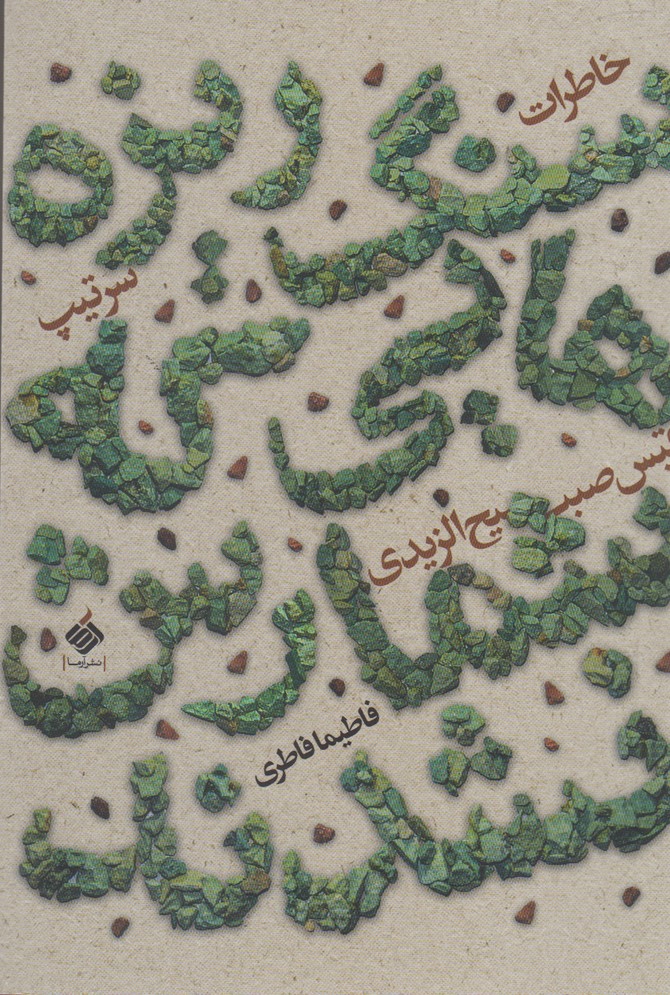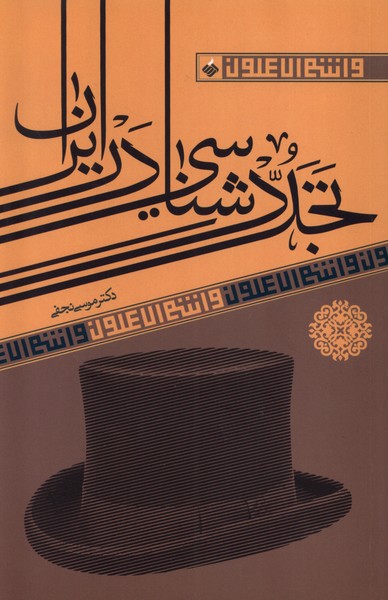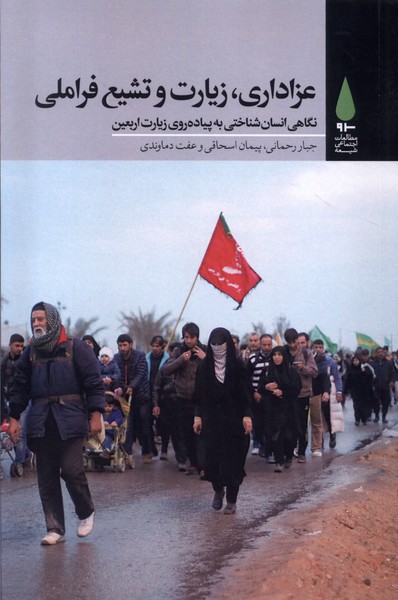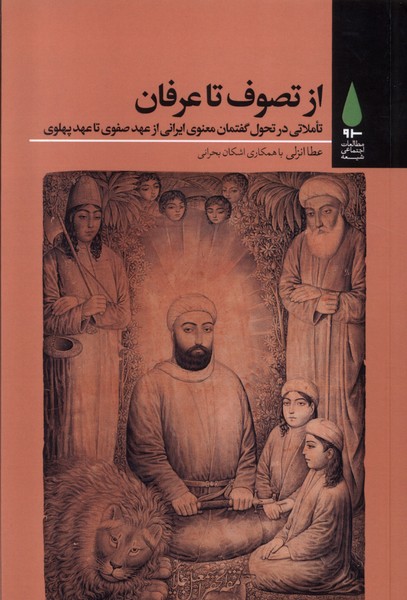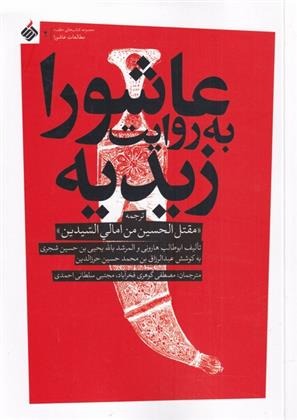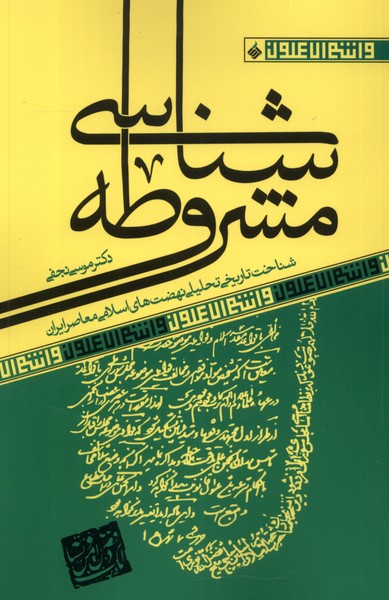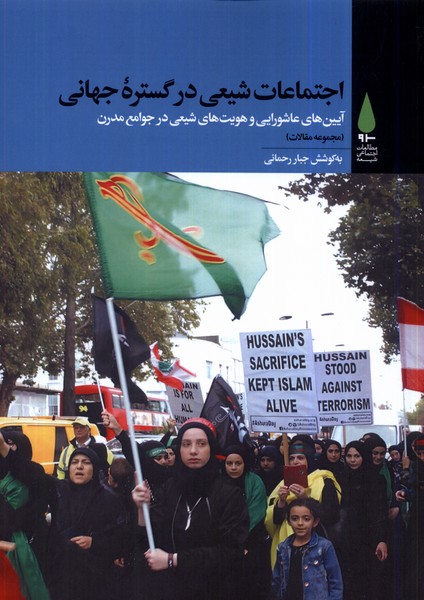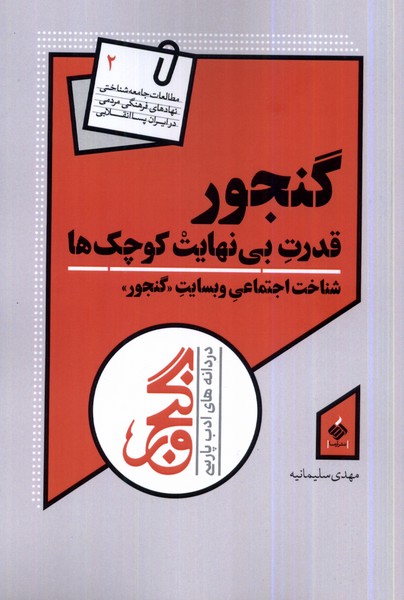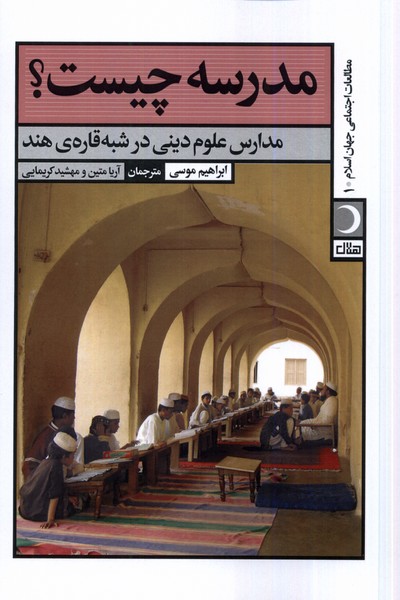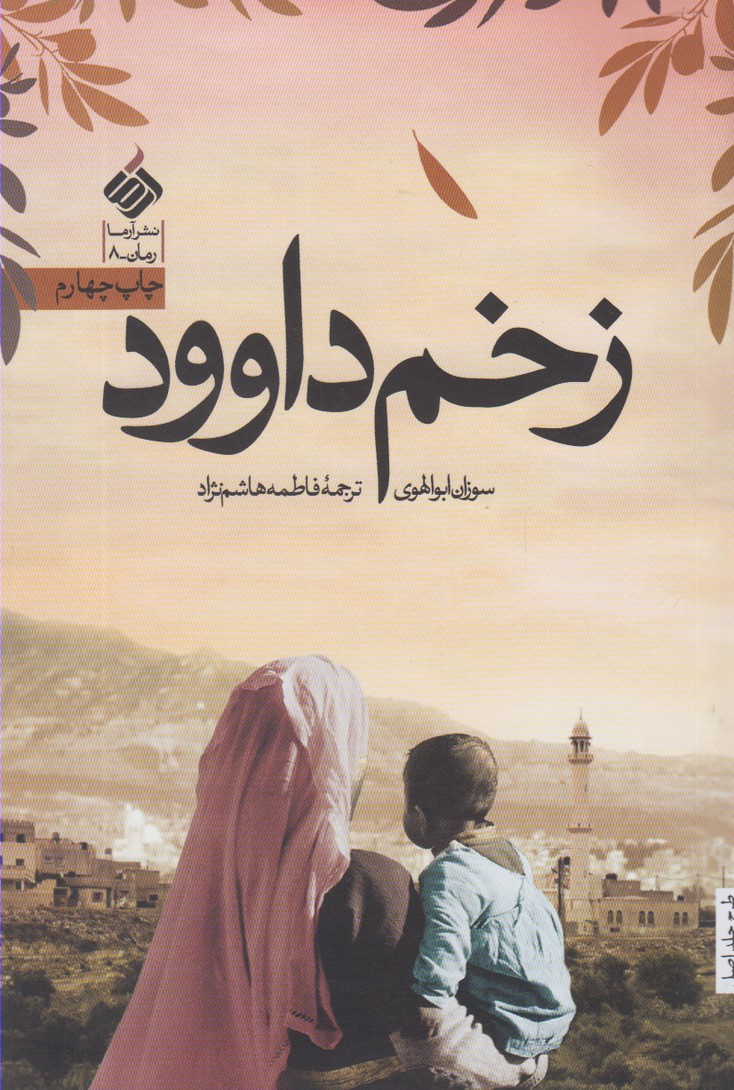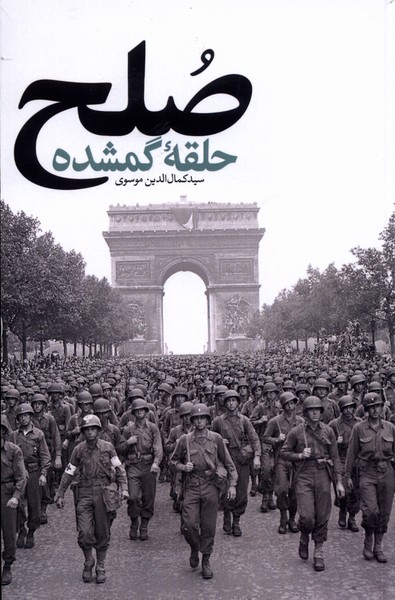Sang'rīzah'hā-yī kah shumarish nashudand: Persian 1398
سنگ ریزه هایی که شمارش نشدند
11.33 £
Share
Wishlist
When the first bullet of the war was fired by the hands of the vilest people, Saddam, with the support of countries such as England and the United States, perhaps few people attributed this crime to the Iraqi nation; A nation that was the same religion as the Iranians, and once the country and its people were part of its empire. The common denominator of religious beliefs and religious attitudes of the two countries was so much that the borderline did not separate them. The imposed war that started in Shahrivar 1359, broke everything that connected these two countries together. The borders were closed. The two countries faced each other as a prelude to uprooting the seedlings of the Islamic Revolution, which was undoubtedly the hand of foreigners. Two Shia countries fell into each other's lives and became victims of policies that many Iraqi people were not satisfied with, and to escape from this fratricide, they were sacrificed in another way. "Qais Sabih al-Zaidi" is one of these victims. The story of his life is worth reading because he did not want to stand in front of the people that his father believed in, loved, and now that they had a leader named Khomeini, he was proud of it...
more
وقتی اولین گلولۀ جنگ به دست پلیدترین مردم، صدام، با حمایت کشورهایی چون انگلیس و آمریکا شلیک شد، شاید کمتر کسی این جنایت را به پای ملّت عراق نوشت؛ ملّتی که هم کیش ایرانیان بود و روزگاری کشور و مردمش جزئی از امپراطوری آن. وجه مشترک اعتقادهای مذهبی و نگرش دینی دو کشور، تا اندازه ای بود که خط مرزی آنها را از هم جدا نکند. جنگ تحمیلی که شروعش در شهریور ۱۳۵۹ بود، تمام آن چه این دو کشور را به هم پیوند می داد از هم گسست. مرزها بسته شد. دو کشور روبه روی هم ایستادند تا مقدمه ای شود برای ریشه کن کردن نهال انقلاب اسلامی که بی شک دست اجنبی ها پشت آن بود. دو کشور شیعی به جان هم افتادند و قربانی سیاست هایی شدند که بسیاری از مردم عراق به آن راضی نبودند و برای فرار از این برادرکشی به گونه ای دیگر قربانی می شدند.«قیس صبیح الزیدی» یکی از همین قربانی ها است. حکایت زندگی اش ازآن جهت خواندنی است که نخواست رودرروی مردمی بایستد که پدرش به آن ها ایمان داشت، دوستشان داشت و حالا که رهبری به نام خمینی داشتند، به آن افتخار هم می کرد...
more

